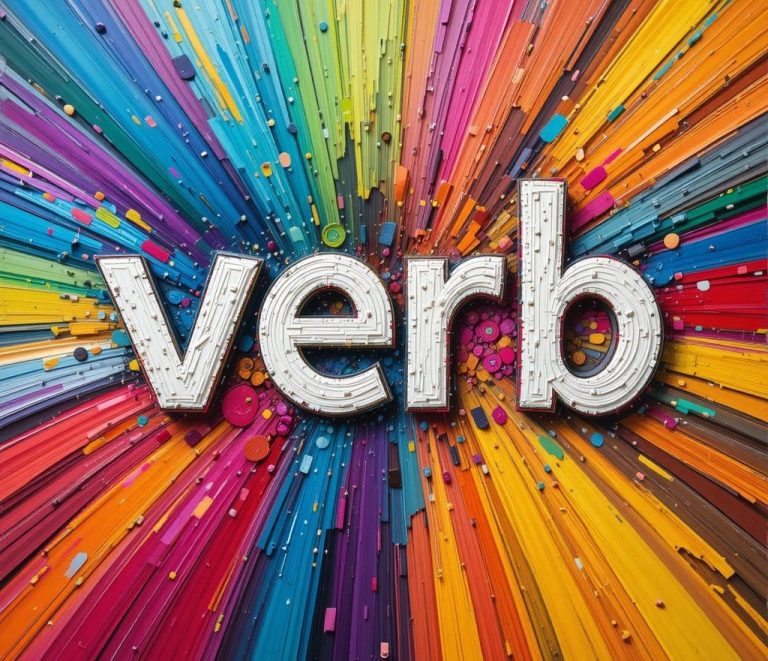The 10 Most Common Verbs

Verbs are the heart of every sentence in English. They are action words that tell us what someone or something is doing, feeling, or being.
Without verbs, it would be impossible to describe activities, share experiences, or express ideas clearly.
For example, in the sentence “She runs every morning,” the word “runs” is the verb that shows the action.
Learning how to use verbs correctly will help you build sentences, communicate your thoughts, and understand others much more easily. That’s why verbs are one of the most important parts of learning English!
You are very lucky with English, as the base verb form in the present simple tense only changes slightly in 1st person singular (he, she, it). We usually add an -s to the verb.
I work.
You work.
He/She/It works.
Tip: Here you can quickly learn the rules of adding -s to verbs in 1st person singular!
Exception!
The verb 'be' has more forms (am, are, is):
I am...
You are...
He/She/It is...
We are...
They are...
Here's a list of the 10 most common verbs in English, along with their meanings and example sentences:
be (am, are, is)
Meaning: To exist or have a specific quality
Examples:
- I am happy today.
- They are at the park.
have (has)
Meaning: To possess or own something
Examples:
- I have a red car.
- She has two cats.
do (does)
Meaning: To perform an action
Examples:
- I do exercise every day.
- Can you do this for me?
say (says)
Meaning: To speak or express in words
Examples:
- He says hello to everyone.
- Can you say that again, please?
go (goes)
Meaning: To move or travel to a place
Examples:
- We go to the store/shop every week.
- I want to go home now.
get (gets)
Meaning: To obtain or receive something
Examples:
- I get flowers every week.
- Can you get two tickets to the concert?
make (makes)
Meaning: To create or produce something
Examples:
- I make tea every day.
- Let's make dinner together.
know (knows)
Meaning: To have information or be aware of something
Examples:
- I know how to ride a bike.
- Do you know where the station is?
take (takes)
Meaning: To grab or move something with you
Examples:
- I take my sandwich with me.
- Please take this book to the library.
see (sees)
Meaning: To perceive with the eyes or understand
Examples:
- I see a bird in the tree.
- Can you see the mountains?
Master these verbs and start forming your own sentences!
Remember to add an -s in 1st person singular (he/she/it or Tim/Laura/the dog/this house...etc) !